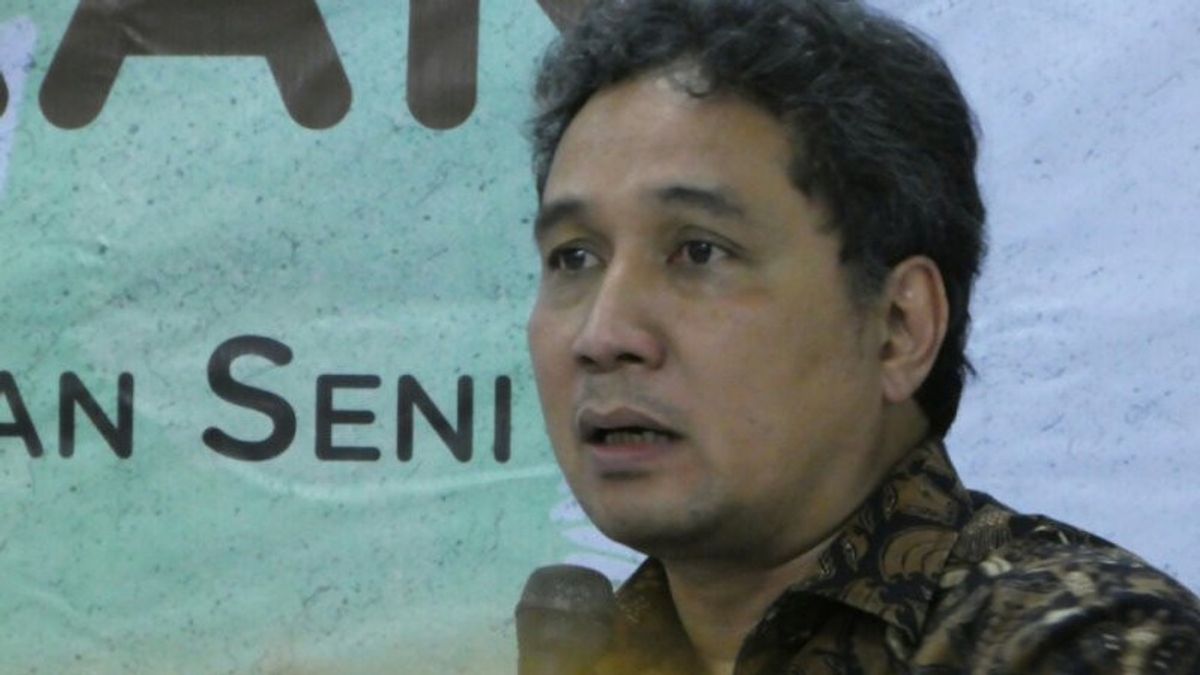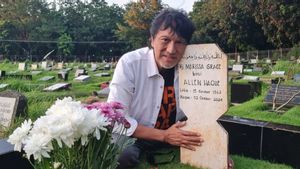JAKARTA - The Ministry of Education, Culture, Research and Technology (Kemendikbudristek) through the Directorate General of Culture conducted a mapping of the impact of the COVID-19 pandemic on indigenous peoples.
"This is a mitigation effort carried out against indigenous peoples. The goal is to provide a comprehensive picture and mapping of the impact of the pandemic," said Director of Belief in One God and Indigenous Peoples (KMA) of the Ministry of Education and Culture, Sjamsul Hadi, quoted by Antara, Tuesday, February 15.
Sjamsul added that indigenous peoples often have very limited access to modern health facilities, such as hospitals, clinics, and health centers. Indigenous peoples also have to face ecological pressures, land conflicts, and the loss of their main resources.
The lack of availability and access to basic health facilities, the spread of disinformation related to the pandemic, and the unequal distribution of vaccines further add to the vulnerability of indigenous peoples.
In addition to the issue of structural inequality, indigenous peoples have their own defense system which is inherited through local knowledge and practices, which are directly or indirectly useful in dealing with the impact of the COVID-19 pandemic.
"This report records several practices of isolation, distancing, and regional quarantine that are sourced from the local knowledge of indigenous peoples," said Sjamsul.
Meanwhile, the Director General of Culture, Hilmar Farid, said it was very important in the strategy for handling the impact of the pandemic on indigenous peoples to pay attention to the different backgrounds of indigenous peoples in each region.
Handling based on the special characteristics of indigenous peoples, said Hilmar, will encourage more equitable handling of the pandemic, especially for indigenous peoples who already have vulnerabilities before the pandemic to get priority handling.
"Meanwhile, indigenous peoples who are still closed and already have a strong internal control system, should not be disturbed by the arrival of outsiders who will actually damage their natural defenses," said Hilmar.
The report recommends the importance of more systematic and periodic mapping to capture the situation of indigenous peoples. The COVID-19 pandemic also teaches lessons on the importance of accurate and real-time data collection, so that appropriate steps can be taken according to the situation and needs of diverse indigenous peoples.
The English, Chinese, Japanese, Arabic, and French versions are automatically generated by the AI. So there may still be inaccuracies in translating, please always see Indonesian as our main language. (system supported by DigitalSiber.id)













